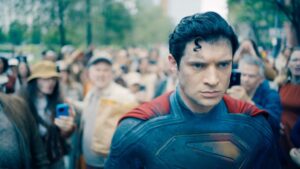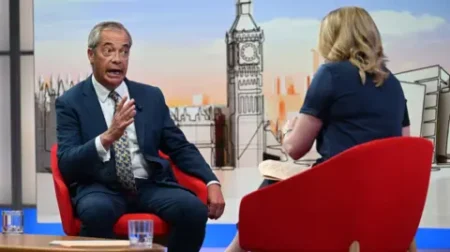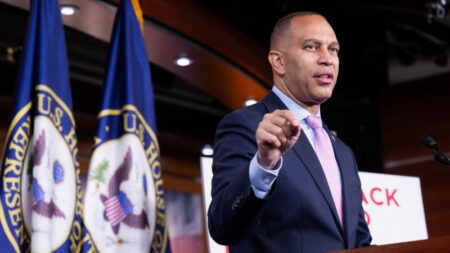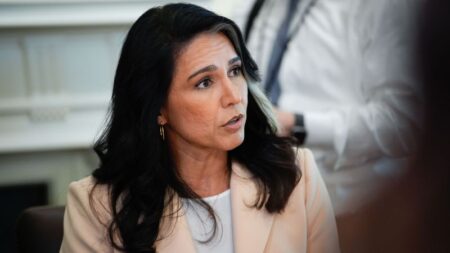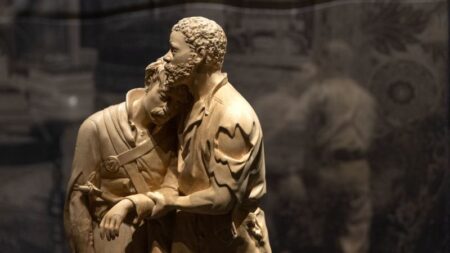In an intriguing turn of events, former President Donald Trump has turned his gaze toward President Joe Biden’s use of the autopen, a device that allows for the signing of documents without the physical presence of the signer. The narrative began in March, where Trump emphasized that Biden’s reliance on this tool illustrated his alleged incapacity during pivotal moments in his presidency. According to Trump’s perspective, such actions rendered Biden’s decisions “null and void,” a claim that has drawn considerable attention across conservative circles.
Adding to this discourse, John Yoo, a scholar of executive authority, suggested to CNN that Trump’s remarks might have been intended more as humorous jabs rather than serious allegations. However, in a recent endeavor, Trump has escalated his claims by launching an investigation into Biden’s autopen signatures, linking them to concerns over Biden’s purported cognitive decline. This development has undoubtedly ignited the interest of conservative media, who have been voraciously focused on narratives surrounding Biden’s mental fitness.
One primary concern with Trump’s allegations is the legal standing of using an autopen to sign documents. Retrospective insights reveal that in 2005, a legal review performed by the Justice Department’s Office of Legal Counsel, under President George W. Bush, clarified the legality of autopen use by presidents. The conclusion drawn was that a president does not need to physically provide a signature to validate the signing of bills, essentially legitimizing Biden’s actions.
Moreover, Trump has predominantly targeted Biden’s pardons in his criticisms regarding the autopen. If he could substantiate his claims, it would potentially enable future investigations into the legality of Biden’s pardons. Nonetheless, historical legal perspectives undermine Trump’s assertions. A 1929 memorandum indicated that the Constitution does not mandate a specific procedure for issuing pardons, nor does it necessitate a presidential signature.
Apart from the legal defenses, historical precedent backs the use of autopens by previous presidents. Notably, Thomas Jefferson was an early adopter of such technology. Interestingly, Trump himself has previously acknowledged utilizing the autopen for less significant tasks, such as replying to correspondence. This admission juxtaposes the weight of his current scrutiny upon Biden, creating a disparity in how both leaders’ usages of the device are perceived.
Complicating matters further, Trump has previously alluded to the ambiguity surrounding his own use of the autopen. During discussions about a proclamation related to immigration, he seemed confused, suggesting that he had not personally signed it. Ironically, the document bore his name, which raised the possibility that it may have been signed using the autopen. Subsequently, the White House clarified that Trump had, in fact, signed the proclamation, demonstrating a nuanced layer of complexity surrounding signatures and responsibility.
Despite Trump’s assertions, it appears that his memorandum regarding the autopen transcends mere legal inquiry; it hints at deeper suspicions surrounding Biden’s mental acuity. Trump’s order not only questions the legality of Biden’s autopen signatures but insinuates a larger narrative of unconstitutional behavior concerning presidential authority.
Crucially, though the discourse surrounding Biden’s cognitive decline has proliferated, evidence remains lacking that he failed to make intentional decisions regarding significant legislation. Biden’s aides have categorically denied any coordinated effort to mask the president’s mental state. The essence of Trump’s narrative translates to more than just questioning the legality of autopen signatures; it seeks to cast doubt on Biden’s capability to govern effectively.
In the political arena, Biden firmly asserted his role in making executive decisions, describing Trump’s insinuations as unfounded distractions. Looking toward the future, Trump faces the formidable challenge of substantiating his claims within the confines of legal scrutiny. Past legal reviews suggest that for any allegations to hold, substantial evidence would be necessary, especially to prove that Biden didn’t actually make the critical decisions behind the documents he signed.
While Trump has cultivated a narrative that has found favor within conservative media, raising questions around Biden’s capabilities, the realm of political discourse necessitates a robust foundation of evidence to legitimize such assertions. In this case, Trump’s endeavor may ultimately reflect a strategy rooted in repetition and instilling doubt, rather than a pursuit of factual accountability.
In conclusion, the ongoing dialogue surrounding Biden’s utilization of the autopen serves as a litmus test for the complexities of contemporary political discourse, where narratives can easily oscillate between humor, conspiracy, and substantive critique. The implications of such claims can ripple through public opinion, especially in an era where media portrayal can significantly shape political dynamics. Thus, while Trump’s investigation may seem an exercise in political theater, its consequences could reverberate well beyond the walls of Washington, affecting how presidents are perceived in their roles and responsibilities.

